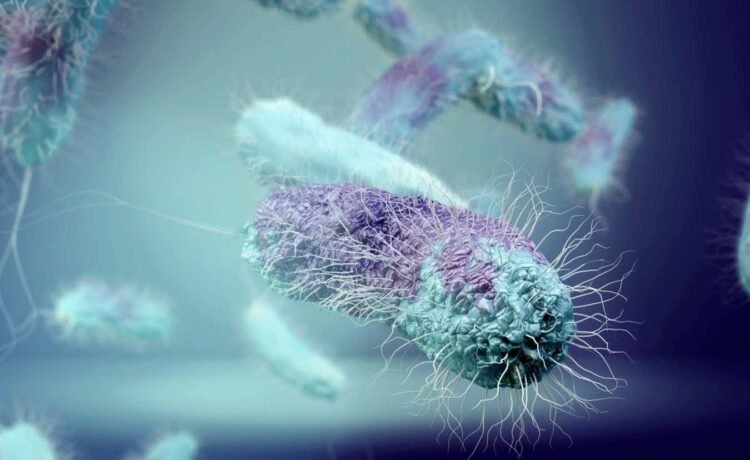
Shewanella oneidensis bacteria could remove antibiotic resistance genes from wastewater
Ella Maru Studio/Science Photo Library
Bacteria engineered to destroy DNA can remove more than 99 per cent of genes that confer antibiotic resistance from wastewater. Treating wastewater with this method could help slow the spread of antibiotic resistance.
Disease-causing bacteria can absorb resistance genes that damaged or dead bacteria have released into the environment. This makes wastewater one of the largest environmental reservoirs for antibiotic resistance genes, says James Tiedje at Michigan State University. Affected microbes can spread to people through water, food or livestock.






